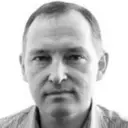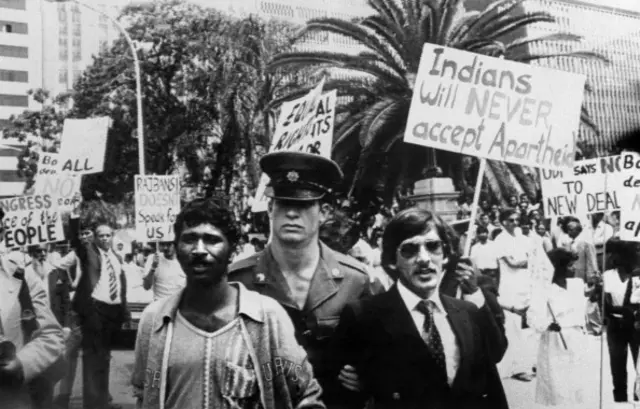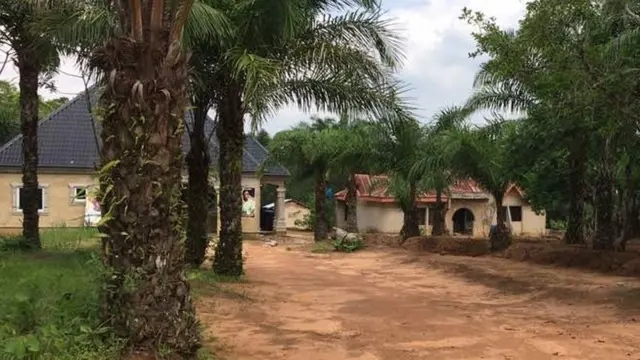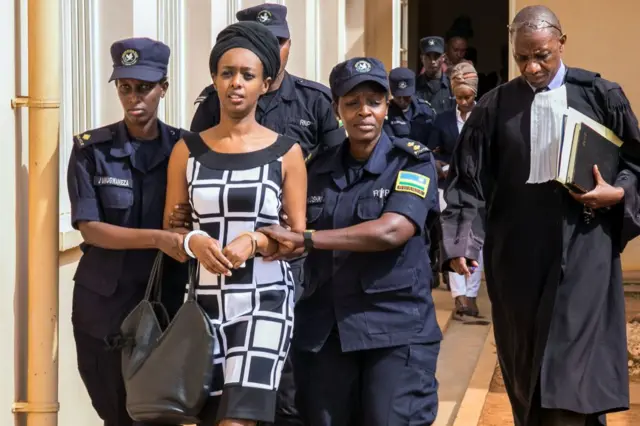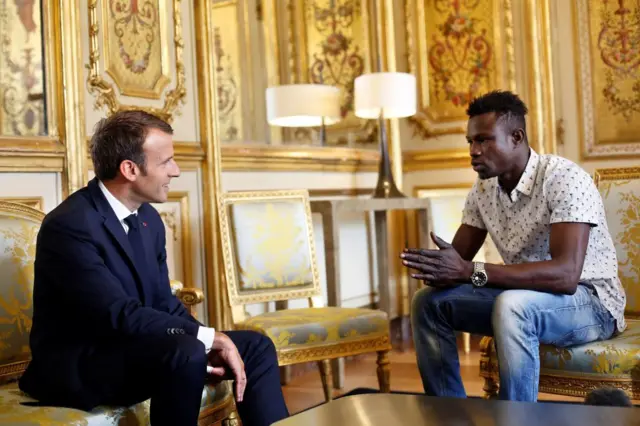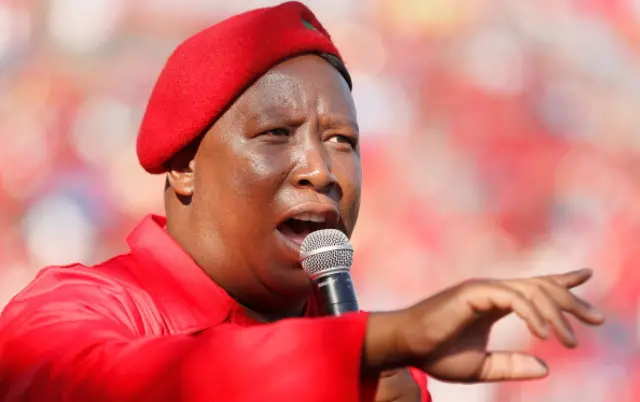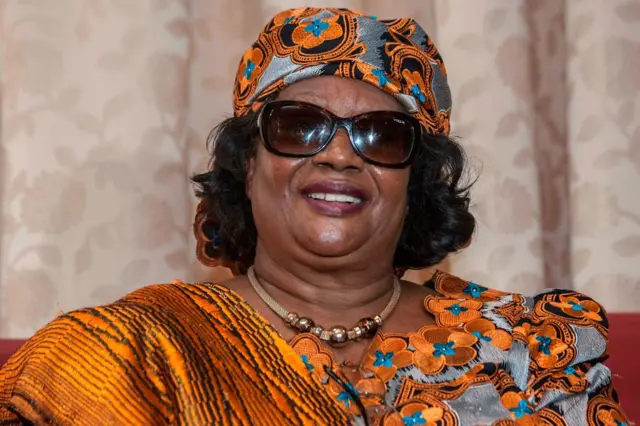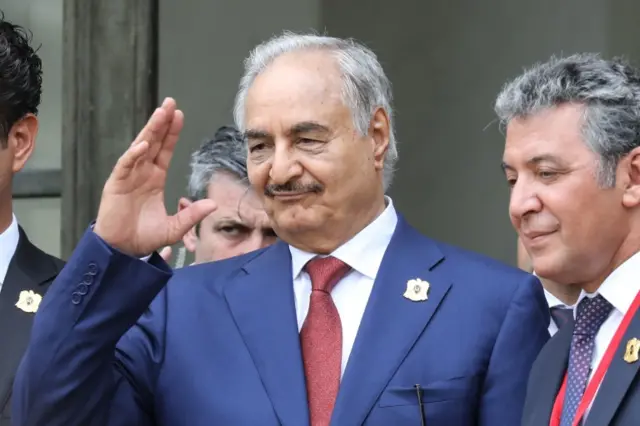Ethiopia PM: Torture is our act of terrorismpublished at 17:05 BST 18 June 2018
 Will Ross
Will Ross
Africa editor, BBC World Service
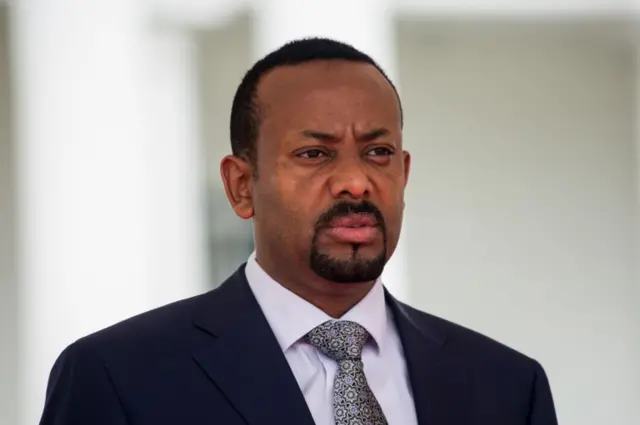 Image source, AFP
Image source, AFPAbiy Ahmed has introduced far-reaching reforms since taking office in March
Ethiopia's Prime Minister Abiy Ahmed has accused the country's security institutions of carrying out acts of terrorism by wrongfully imprisoning and torturing people.
Mr Abiy, who was sworn in two months ago, was asked in parliament why people accused of terrorism offences were amongst the thousands recently released from prison.
In response, he pointed the finger at government saying "terrorism includes using force unconstitutionally to stay in power".
He also said that right across the country there were cases of people being tortured and held in dark rooms whilst in detention.
"Does the constitution say anyone who was sentenced by a court can be tortured, put in a dark room? It doesn't. Torturing, putting people in dark rooms, is our act of terrorism," Mr Abiy told MPs.
Earlier this month, Mr Abiy sacked the country's intelligence and military chiefs.
Meanwhile, Mr Abiy defended his government's decision to end a border dispute with Eritrea, telling parliament it was long overdue and in the best interests of both countries.
Under the peace agreement that ended the war between the two countries, a border commission ruled in 2002 that the town of Badme and other disputed territory belonged to Eritrea.
But over the last week there have been several protests in the north of Ethiopia with people calling on the government not to cede territory.
The government of Eritrea has not yet responded to Ethiopia's offer to make peace.
Mr Abiy also said privatisation of some key state companies was important in modernising Ethiopia's economy.
The London-based Financial Times recently reported that China, Ethiopia's biggest foreign investor, was scaling back investment, external in the face of rising foreign exchange shortages and government debt.
The International Monetary Fund forecasts that Ethiopia will have 8.5% growth this year, down from a consistent 10% in the last decade.

